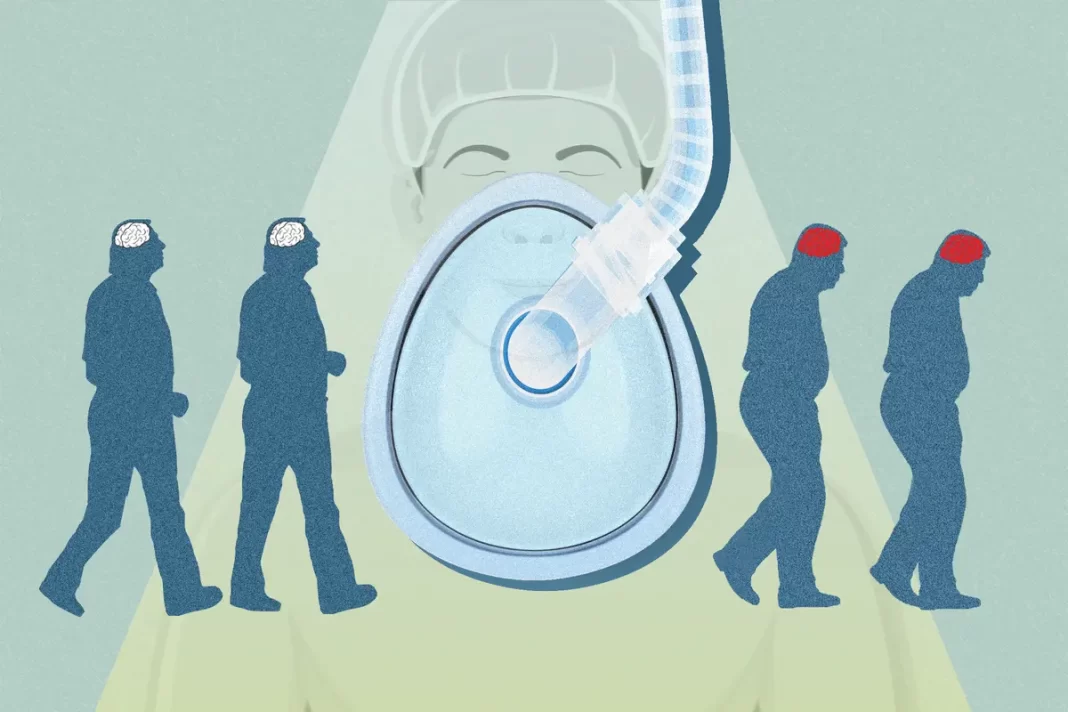The EV market is ‘a pretty brutal space,’ Mercedes CFO Harald Wilhelm said.
As the Biden administration hails America’s “historic transition to electric vehicles” over the next decade, and carmakers pledge that they are revamping their production lines for an electric future, one group has been left out of the conversation thus far—consumers.
Now consumers are having their say.
With battery electric vehicles (EVs) sitting unsold on dealer lots, carmakers are slashing prices in a desperate attempt to move them, and suffering billions in losses along the way.
“It’s always been the ‘build it and they will come’ strategy,” Vince Sheehy, a Washington car dealer said in an interview with Business Insider. “And they’re just not coming.”
In its earnings report released last week, Ford announced that its EV division posted a quarterly loss of $1.33 billion, on top of a $1.08 billion loss in the previous quarter. In response, Ford said that it would halt production of the electric Mustang Mach-E and cut back its planned $12 billion investment in new EV production, including delaying the opening of a battery plant in Kentucky.
Similarly, GM announced a $1.5 billion hit to profits this quarter, due in part to EV losses. GM CEO Mary Barra, who had formerly claimed that her company’s future was fully electric, announced that GM would drop its production targets of 500,000 EVs over the next 12 months, saying the transition to EVs would be “a bit bumpy.”
On Oct. 17, GM said it would delay all-electric truck production at its Michigan plant until late 2025.
Despite this, many auto analysts continue to predict that the days of the internal combustion engine (ICE) car are numbered, and that an electric future is inevitable.
JATO, an auto analytics firm, states that “while consumer demand for ICE vehicles will persist in the short term, production will be phased out as [carmakers] accelerate their electrification plans.”
A Bad Bet for Carmakers?
However, even with government pressure and analysts’ certainty that EVs are the future, carmakers may be starting to wonder if they are making a dangerous gamble by rushing into a market where there may not be sufficient demand, or in which they cannot compete with cheaper EVs made in China.








